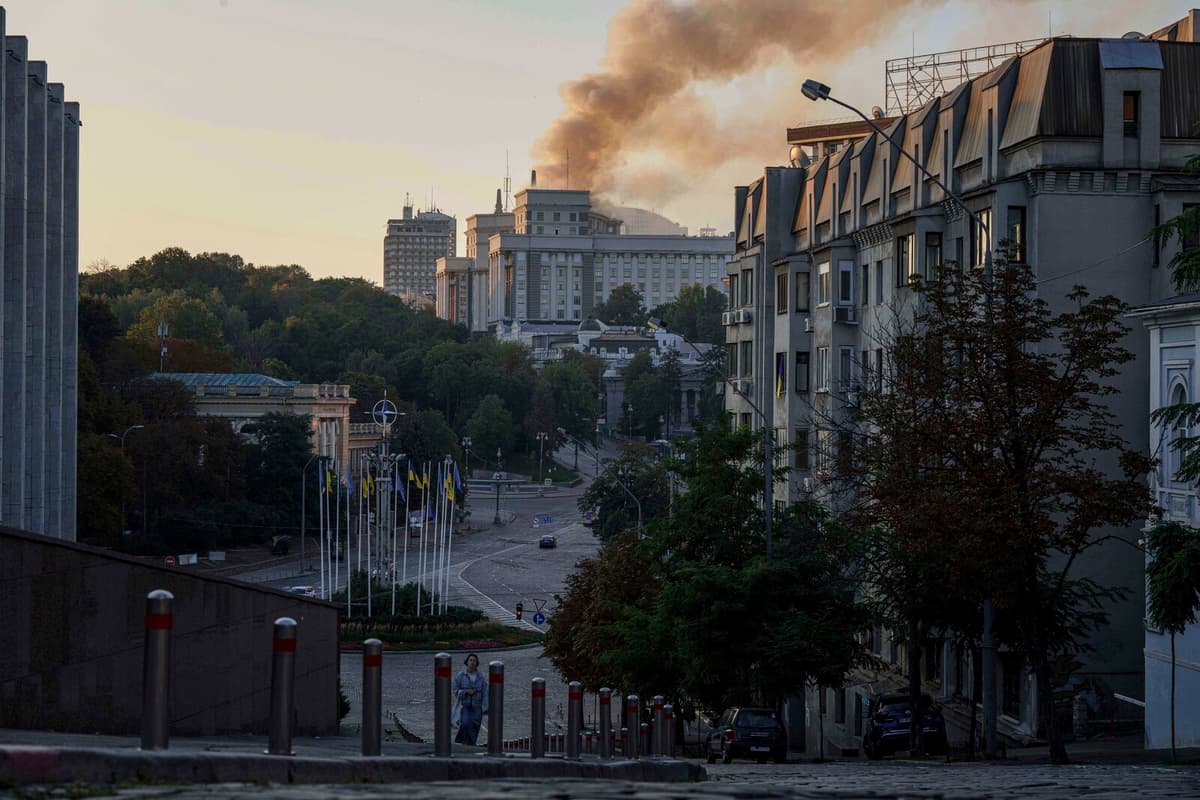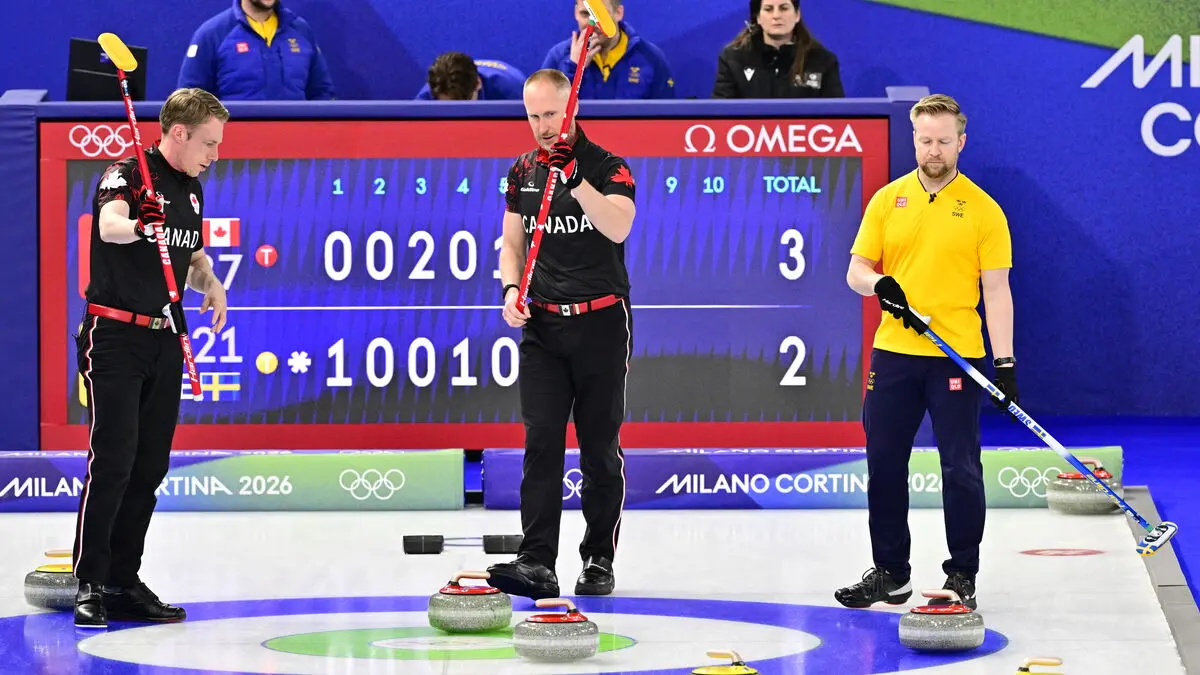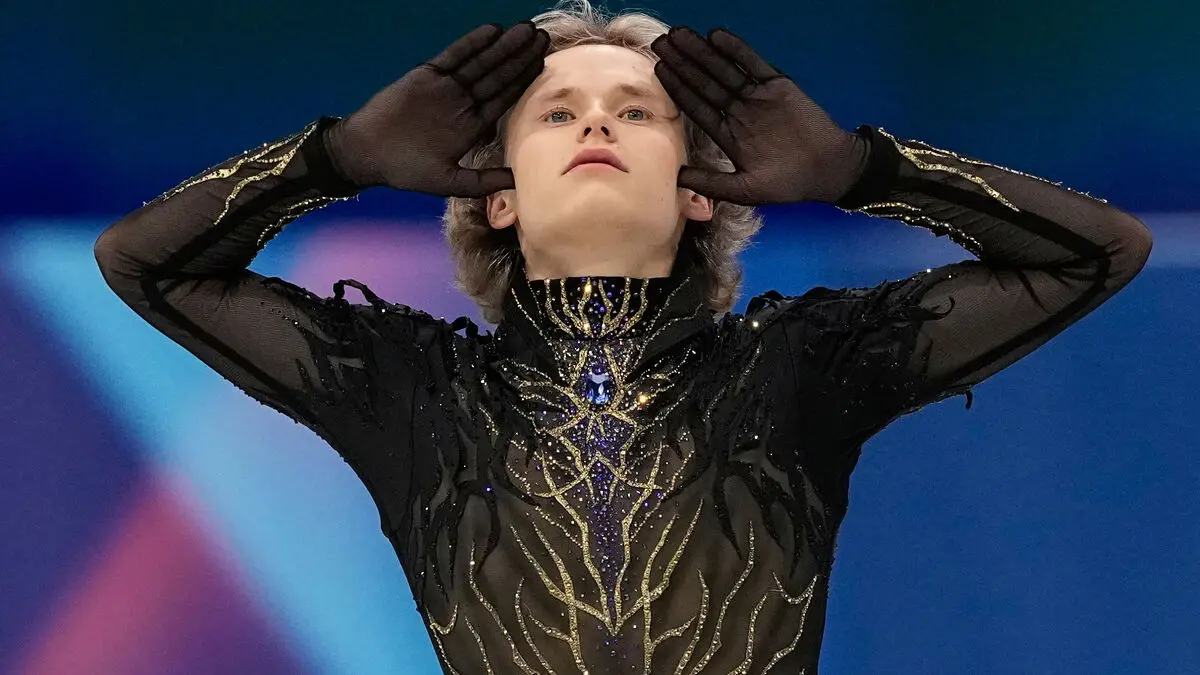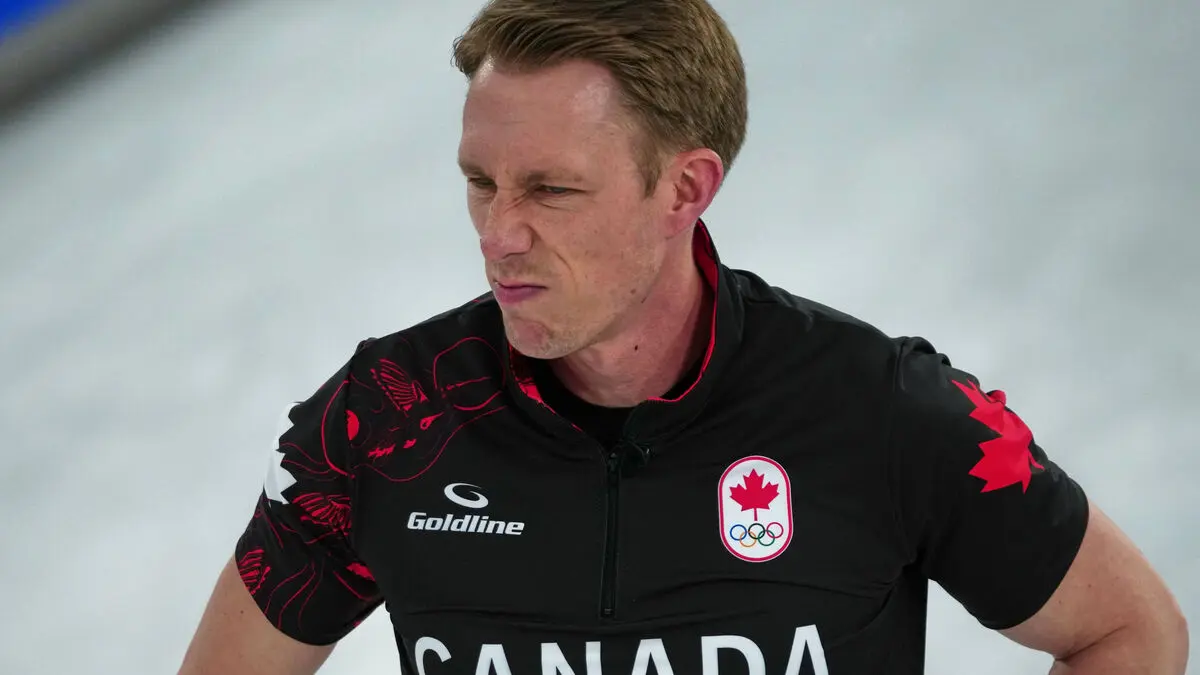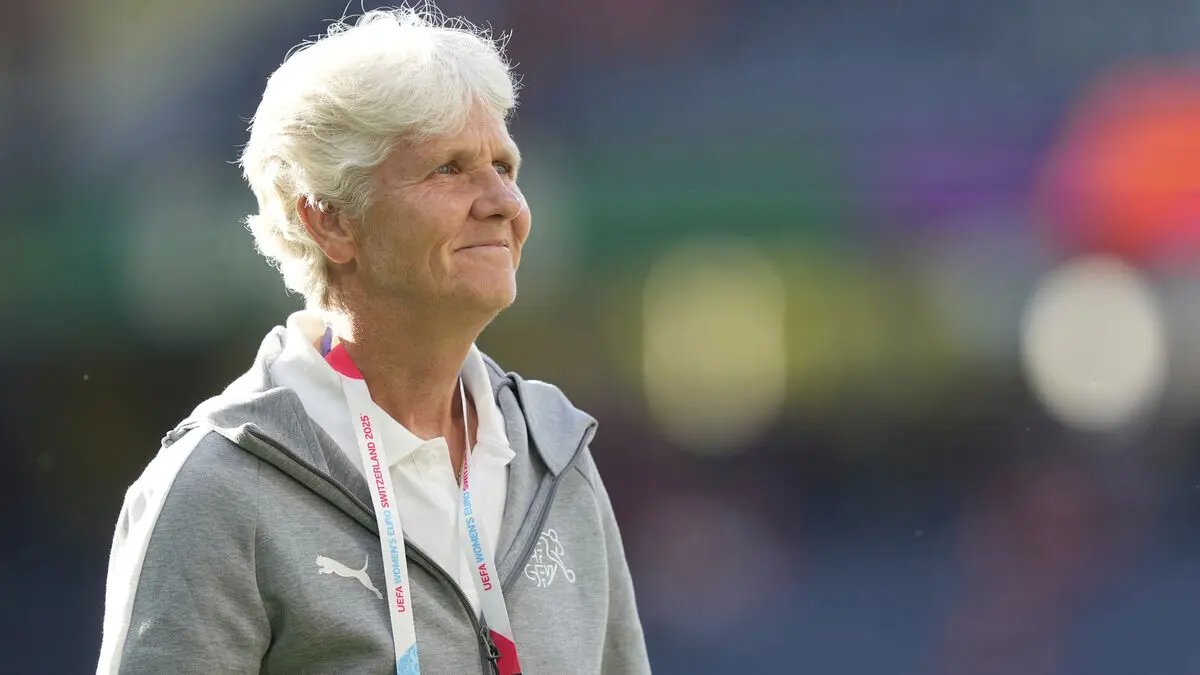"We continue to support Ukraine. We continue to increase the pressure on Russia", writes Prime Minister Ulf Kristersson (The Moderate Party) on social media after Russia's major drone attack on Ukraine.
"Europe stands, and will continue to stand, by Ukraine's side. We are strengthening Ukraine's armed forces, setting up long-term security guarantees and increasing sanctions to increase the pressure on Russia", writes EU Commission President Ursula von der Leyen on X.
And from the USA, signals are coming that President Donald Trump also wants to see further sanctions against Russia.
Putin "hides"
The words are welcomed by Volodymyr Zelenskyj, who in his daily speech to the nation says that the attacks on Ukraine are a way for Vladimir Putin to test the outside world – to see if they just accept the events or act.
That's why it's important that all statements from leaders, states and institutions are also followed up with concrete actions – sanctions against Russia and individuals associated with Russia, and strong tariffs and other measures for trade with Russia. It must be felt by Russia.
He notes that the Russian president does not want to negotiate an end to the war.
Putin does not want to talk, it's clear that he's hiding, so fuel shortages and other economic problems are a logical response to Russia's refusal to agree to a ceasefire and a meeting between leaders.
A duel
US Finance Minister Scott Bessent said in an interview with NBC's "Meet the press" on Sunday that the US can imagine new sanctions, but only in tandem with European countries.
We are now in a duel about how long the Ukrainian military can continue (defending the country) versus how long the Russian economy can continue (without collapsing), he says and continues:
If the US and they (EU) can influence with further sanctions, and tariffs against countries that buy Russian oil, the Russian economy will completely collapse, and that would bring (President Vladimir) Putin to the negotiating table.

